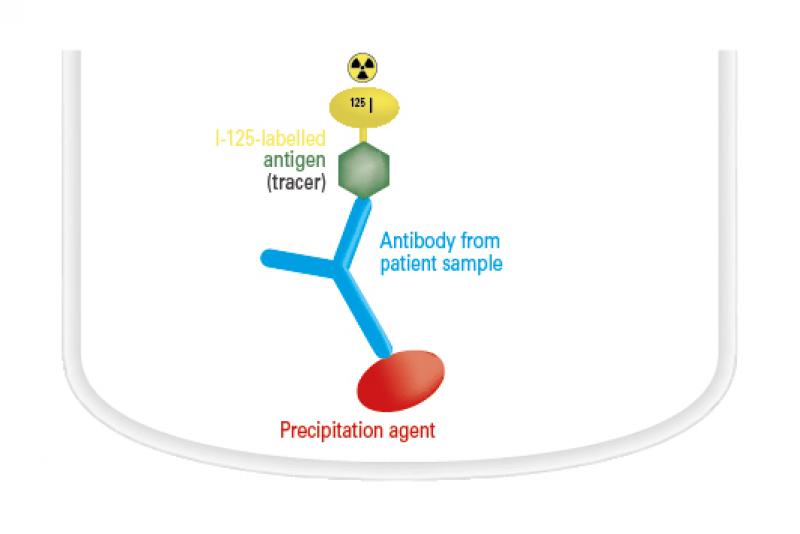The Radioimmunoassay (RIA) market plays a crucial role in clinical diagnostics and research by providing a highly sensitive and specific method for measuring the concentration of various molecules, such as hormones, drugs, and specific proteins, in biological samples. RIA combines the principles of radiochemistry and immunology, making it a valuable tool for a wide range of applications in healthcare, pharmaceuticals, and life sciences. The market for RIA has experienced significant growth over the years, driven by advancements in technology, increased disease prevalence, and the need for accurate and rapid diagnostic tests.
One of the key drivers for the Radioimmunoassay market share is its unparalleled sensitivity and specificity. RIA allows for the detection and quantification of molecules at very low concentrations, making it an essential technique for diagnosing diseases, monitoring therapeutic drug levels, and conducting research in fields such as endocrinology and oncology. As precision medicine becomes more prevalent, the demand for highly sensitive and specific diagnostic assays like RIA is expected to continue to rise.
The Radioimmunoassay market has also benefited from the increasing prevalence of chronic diseases, such as diabetes, cancer, and thyroid disorders. These conditions often require routine monitoring of specific biomarkers, which can be efficiently done using RIA-based tests. Moreover, the ongoing research and development efforts to expand the applications of RIA, such as the development of novel biomarkers and assays, have contributed to market growth.
Despite its advantages, the RIA market does face challenges related to radiation safety, regulatory compliance, and competition from alternative diagnostic technologies, such as enzyme-linked immunosorbent assays (ELISA) and molecular diagnostics. Regulatory agencies closely monitor the use of radioactive materials in healthcare settings, which can increase compliance costs for manufacturers and healthcare facilities. Additionally, alternative methods that do not involve radioisotopes are gaining traction due to safety concerns associated with radioactivity.
In conclusion, the Radioimmunoassay market continues to evolve as an essential component of clinical diagnostics and biomedical research. With ongoing technological advancements and innovations in assay development, the market is poised for further growth and remains a valuable tool in improving healthcare outcomes and advancing scientific understanding.
More Report:
